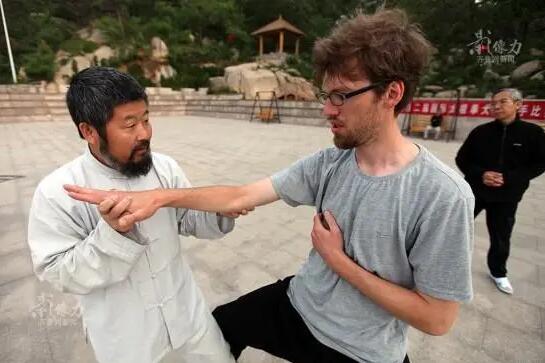
In the fast-paced modern life, most people face pressure from work, study, family and other aspects. If these pressures are not resolved in time and effectively, they will lead to the emergence of psychological problems such as anxiety and depression. How to solve these problems is a thorny problem. However, here, there is a magical sport-Tai Chi, which has become an effective way to alleviate these psychological problems.
Tai Chi, originated in China, is a martial art that combines both internal and external cultivation and hardness and softness. It not only focuses on physical exercise, but also emphasizes the cultivation of the mind. Tai Chi’s slow and smooth movements and deep breathing help practitioners achieve a state of unity between body and mind. This state can not only improve physical health, but also effectively relieve psychological pressure and improve mood.
1, Reduce stress and anxiety
The slow movements and deep breathing of Tai Chi help lower the heart rate and put the body into a relaxed state. When our heart rate decreases, the body releases a chemical called “serotonin”, which helps relieve anxiety and stress. In addition, Tai Chi practice can also adjust the autonomic nervous system and reduce tension and anxiety.
During the practice of Tai Chi, we need to focus on the movements and breathing. This state of concentration helps us temporarily forget the troubles and stress in life, so as to achieve the purpose of relaxing the body and mind.
2, Improve depressive symptoms
Studies have shown that Tai Chi can significantly reduce depressive symptoms. First of all, Tai Chi practice can help us establish the correct cognitive mode and learn to face the challenges in life with a more positive attitude. When we face difficulties, we are no longer overly pessimistic or depressed, but can actively find solutions to problems.
In addition, Tai Chi can promote the release of chemicals such as endorphins in the brain. These chemicals can not only improve our mood, but also enhance our self-confidence and happiness. When we feel happy and satisfied, the symptoms of depression will naturally be alleviated.
3, Improve psychological resilience
The practice of Tai Chi requires us to maintain balance in complex and smooth movements. This balance is not only reflected in the body, but also in the mind. Through the practice of Tai Chi, we can gradually develop stronger psychological resilience.
Psychological resilience refers to our ability to recover quickly and move forward when faced with setbacks and difficulties. When we have strong psychological resilience, we can remain calm and optimistic even when we encounter great difficulties, and actively look for solutions to problems.
4, Create a peaceful psychological space
Tai Chi is often practiced in a quiet environment. In this process, we can create a peaceful psychological space for ourselves through soothing movements and deep breathing. This space will become a safe haven for our hearts, allowing us to find a moment of peace in our busy lives. When we feel tired or stressed, we can try practicing Tai Chi and immerse ourselves in this peaceful space. As the movements unfold and the breathing deepens, our hearts will gradually be purified and relaxed.
5, How to start and continue to benefit
If you are interested in Tai Chi and hope to relieve psychological problems such as anxiety and depression through it, you can start from the following three aspects:
- Find a coach or take a course: In order to ensure that you learn the correct movements and breathing methods, it is recommended that you find an experienced coach or take a Tai Chi course. Professional coaches can provide you with personalized guidance and feedback to help you master the essentials of Tai Chi faster.
- Maintain the frequency of practice: It is recommended to practice Tai Chi 3-5 times a week for more than 30 minutes each time to achieve the best results. Continuous practice can help you gradually adapt to the rhythm and intensity of Tai Chi, so as to better play its mental health benefits.
- Patience and persistence: Tai Chi is a sport that requires long-term practice. Don’t expect to see results immediately. Be patient and persistent, and you will gradually feel the physical and mental benefits it brings. Over time, you will find that your mentality has become more peaceful, confident and optimistic.
As a traditional oriental martial art, Tai Chi not only has a profound cultural heritage, but also has significant mental health benefits. By practicing Tai Chi, you can effectively relieve psychological problems such as anxiety and depression and improve the quality of life.
